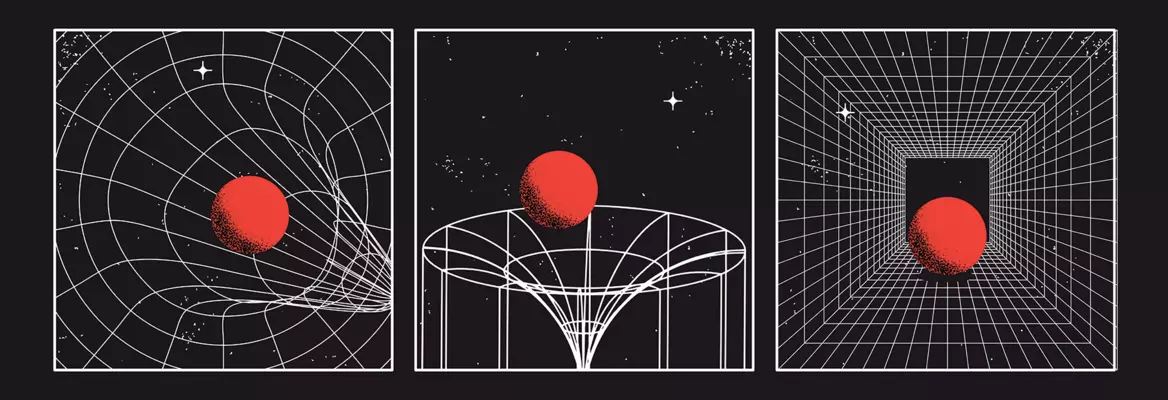Of all the sciences, physics has been seen as the key to understanding everything. As Feynman said, “physics is the fundamental science.” But in this article, one of the world’s leading physicists, George F. R. Ellis, who collaborated with Stephen Hawking in work on spacetime’s geometry, argues that much of reality extends far beyond physics. Both complex objects like biological organisms and abstract entities like the rules of chess influence the world in ways that cannot be predicted by studying their simple physical constituents. Science, Ellis insists, is far richer than any single framework can ever capture.
1. Abstract Causation
A remarkable feature of the world is the existence of abstract causation – the way that non-physical entities can cause physical effects via the workings of the human mind, or by the functioning of digital computers we create. The reality of abstract causation shows that physics has limits: there are some things physics cannot explain. Consider the rules of chess. They control the physical movement of chess pieces on chess boards throughout the world. But they are not physical things. They are not made of wood or stone or steel, and they don’t involve electrical or magnetic forces acting on the chess pieces. So how is this control possible?
The rules of chess are socially agreed rules of play that are arrived at by a trans-generational process of negotiation (they emerged at the end of the 15th century). Once they are agreed, they instruct all players around the world what moves are and are not allowed; for example, the queen can move any number of vacant squares horizontally, vertically, or diagonally, but cannot jump as a knight can. This is learnt by all chess players, and through brain plasticity, stored in the detailed patterns of neural connections in their brains. Action potential spike trains in these neural networks shape their thoughts as a player considers her next move, in the light of her game strategy shaped by a study of many games played by others in the past. Finally, a chess piece is moved by her muscles in accord with the rules of chess; that’s how the rules attain their causal powers. We do not know in detail how particular thoughts, such as those about the rules for moves by a Queen, are stored in the brain’s neural networks, or represented by these spike chains. Nevertheless we do know that this happens.
I claim that this is an example of abstract causation. A reductionist, who thinks that physics can ultimately explain everything, will respond:
Hold on – in the end the rules of chess are implemented physically, for example through electrons moving in the brain as just mentioned. So they are nothing but particular brain states at the physical level – configurations of electrons and protons that change over time – just another example of how physics controls everything.





















Join the conversation